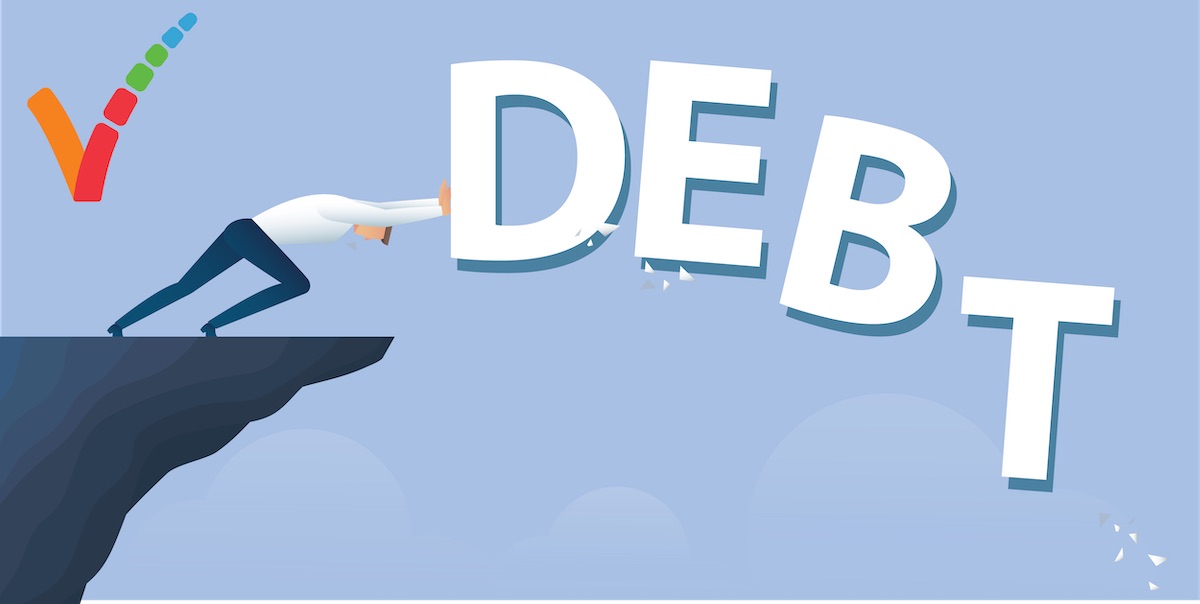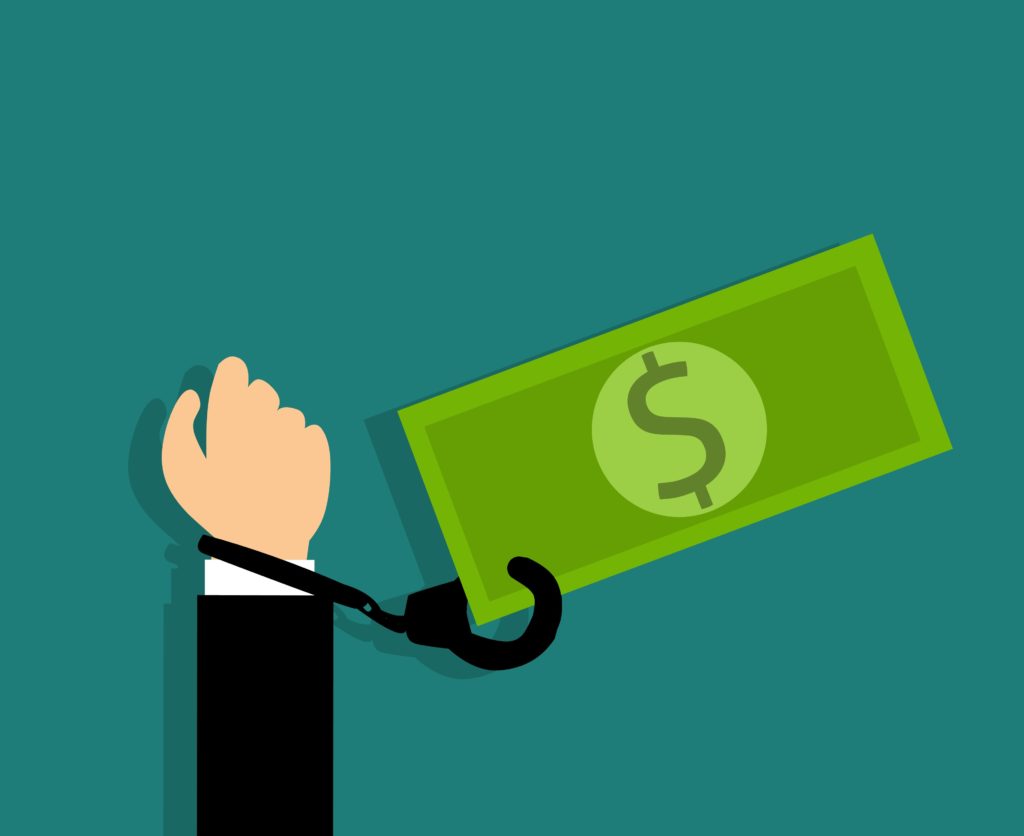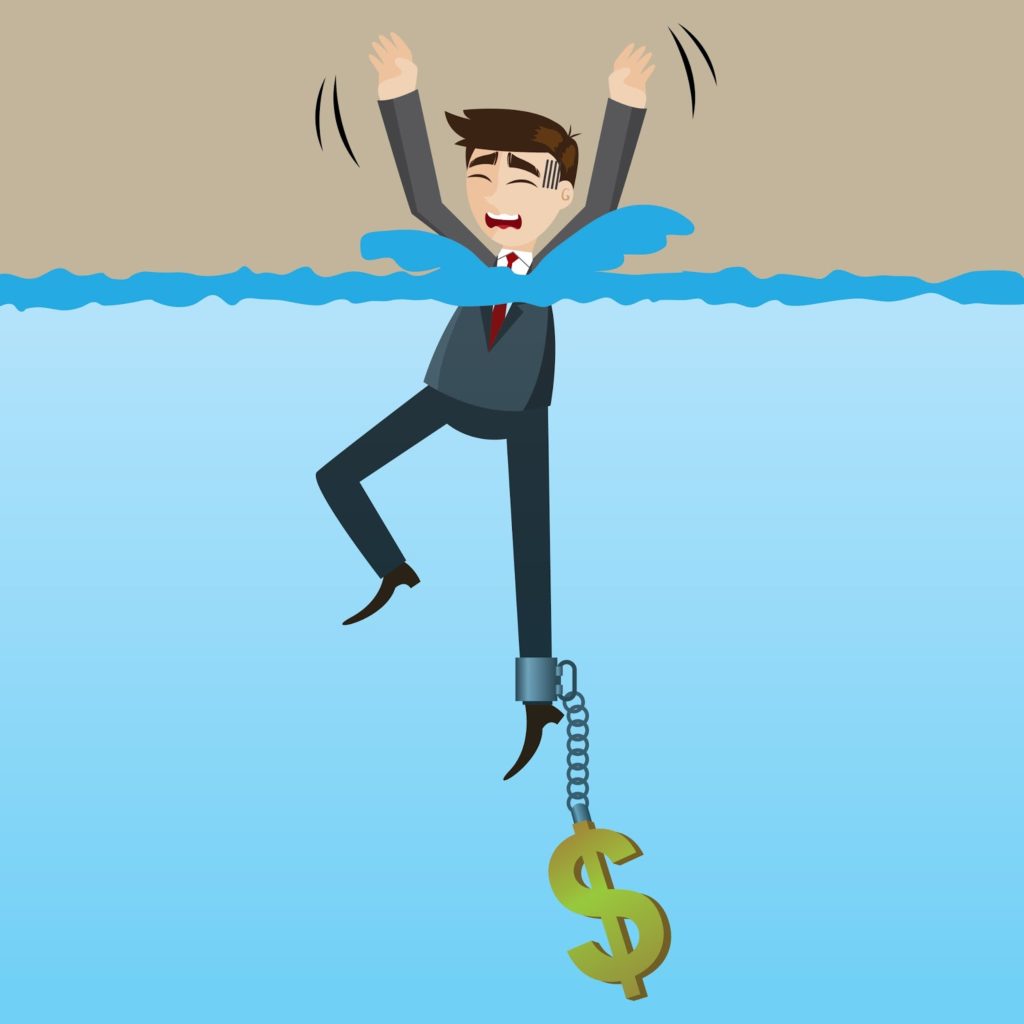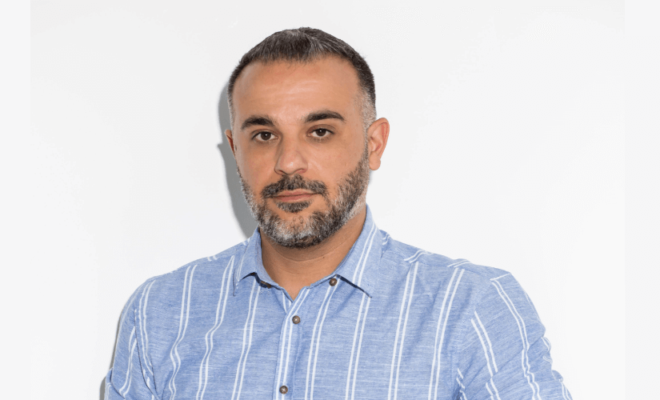Content Series #1: Building Wealth

Getting Out of Debt
“It is better that we control our finances rather than our finances controlling us”
It should not be – “Enjoy now, pay later”
A famous scholar once said, being in debt is like living in a concentration camp.
First, we incur debts, then we manage them. Then it becomes a bond called “Bondage”
Managing the debts has become a skill development activity in the present times.
I was in deep debt a few years ago due to an unexpected real estate project failure, unwanted spending, and consequent loss of jobs.
In order to steer through the mountain of debts and bring my life back to normal, I went through many sleepless nights and experiences.

The creditors (banks and lenders) were calling every morning and giving verbal warnings of taking legal action which affected my mental and physical health.
There are many incidents of people fleeing the country or changing their locations along with changing contact details etc.
But I never felt that as a solution. Debt is something like a virus in our body that does not easily go away without uprooting it completely
When I cleared 90% of my debt I realized it was a journey of great experience and learnings. I take this opportunity to share my first-hand learnings.
There are three types of debts that I was managing
- Bank Loans and Cards
- Small borrowings from friends
- Debts without any income

There is also restarting of life after the debts are paid fully.
The first key lesson I learned was that as long as I was giving back little amounts, the creditors were happy and nice. If I take long gaps, I used to be treated with stern words and insults.
The second learning was, “never block reminder calls or avoid them.” Answer the call and explain the real situation. Creditors build trust if the indebted person is candid in sharing the real situation.
When I was regularly paying little by little and a stage came when I lost my job and could not pay for several months, the banks came forward and offered me incredible discounts and I paid by borrowing from my friends and selling some gold. For this, I submitted the job termination letter, my income statements, etc.
The moment I was in another job, the repayments started to friends which were comparatively lesser.
Another thing that helped was “gold”. I had invested in some gold when the rates were low and it came handy to some extent.
The following are the ways in which the debt can be managed and solved.
- Every pie counts to pay back. So cut down on unwanted expenses. Try and live with bare necessities. Discuss with family and align on saving
- Budget the monthly expenses and debt payment separately from the salary.
- Do not miss any installments for more than two months
- Convert all unwanted assets into cash
- Sell gold if the prices are attractive. Can buy again when prices drop
- Track every expense.
- Do part-time work to earn extra bucks
- Stop using credit cards. Reduce the credit limit
- Cancel that holiday vacation
- Decide which debt to pay off first
- Curtail eating outs
- If banks allow paying into principle, try paying whenever you have extra cash
- Take regular advice from any finance manager friend
The credit ratings will fall, but it is better than holding on to debts.
Never try to withdraw cash from a credit card to pay the monthly installment. It will only increase liability with additional hefty finance charges.
Now let us come to the point where you must have paid all the debts, but it has wiped away all your savings and assets. The good news is the world does not end there. You can bounce back to a financially healthy status.
My ex-boss used to say, “One can never become rich by working 9 to 5”
I recommend listening to “The richest man in Babylon” audio on Youtube. I used to listen to this more often. It speaks of money management in a story from the set in the Babylonian era
When I had cleared my debts, the challenge was to rebuild wealth. There are no magic spells or Miracles.
So this is what I did.
I counted my age and number of years more to work until retirement age.
My salary had dropped to half as much compared to what I was earning long ago. I did the following
- Apportion a very small percentage to deposit schemes in bank/post office
- Invest small amounts in market-related fund saving when the market was low
- Purchased a very small plot on monthly Instalment scheme
- Purchased little Gold when the prices were down.
I allocated a small percentage of my salary for the above.
One year later the land value appreciated and market funds appreciated. I sold the land and Gold at a higher price. The deposits also grew with interest.
End of the first year I was 20% closer to my plan. I did the above exercises with 80% of my earnings. 20%, I saved for an emergency.
I repeated this for 4 years and came back to financial stability and savings.
As someone said,
Being sick is fine
Being stupid and making mistakes is fine as long as they not repeated.
But being Sick, Stupid, and broke is really bad
Some of the good practices for the use of credit cards are –
- Use only for essentials – Grocery. Ticket booking etc. Will help in earning miles for rewards later
- Pay before the credit period. So no interest will be incurred
- Keep the upper credit limit half of your monthly salary
- Never withdraw cash from the card
- Don’t keep more than one card. One good card will give you free access to the airport lounge, product discounts, etc.
Better to go Bed hungry than to wake up in debt – Proverb













